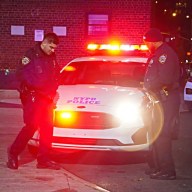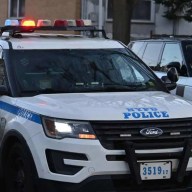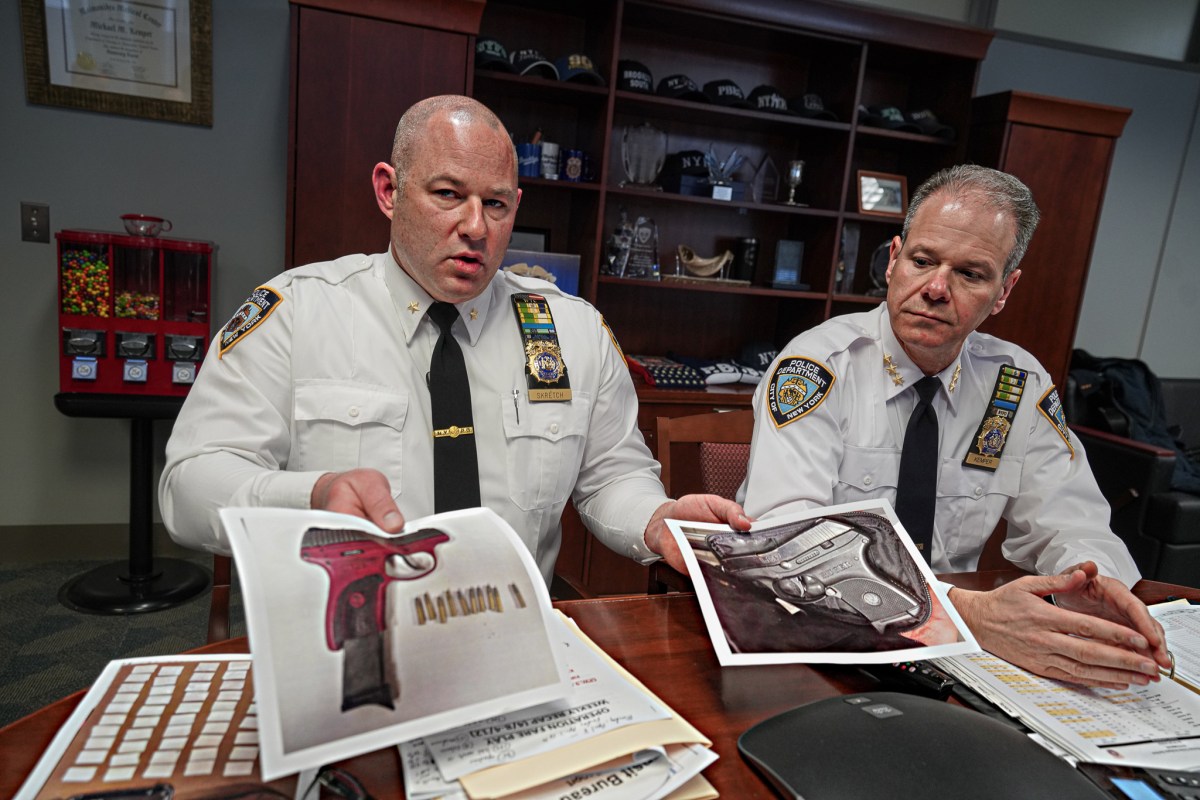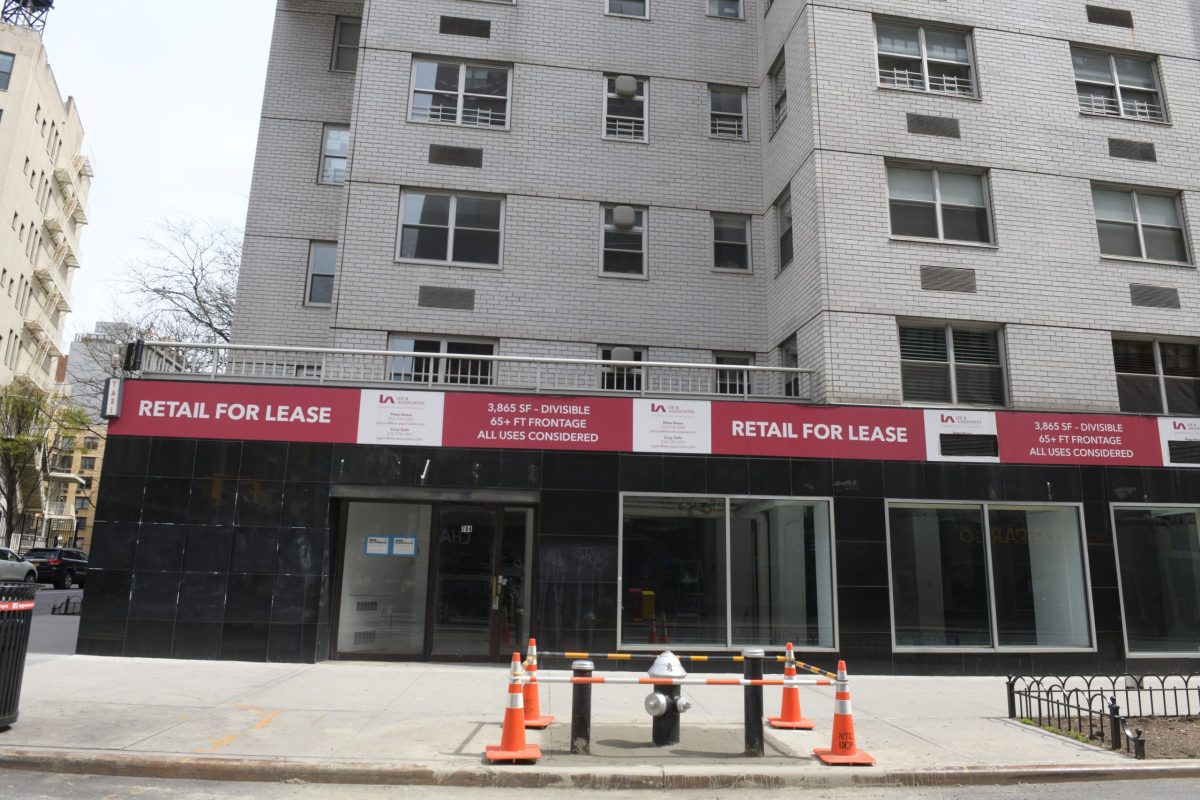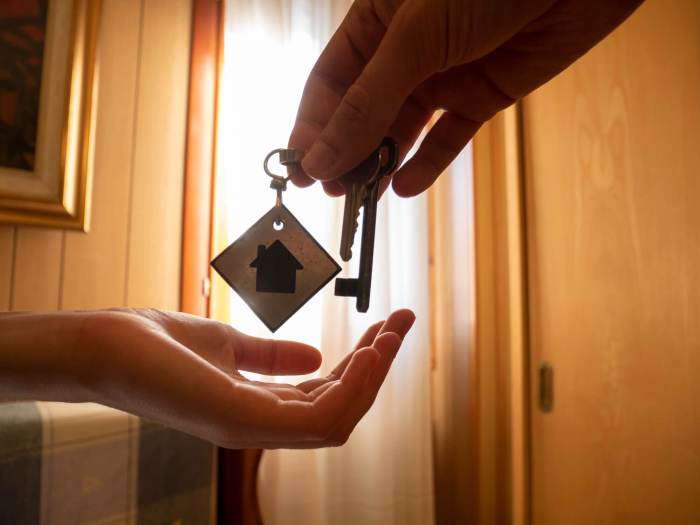Two years ago, Senator Jeff Klein spearheaded legislation that made banks responsible for the upkeep of any homes they foreclosed in New York State. The main motivation behind the law was to keep vacated houses looking presentable and ensure they did not negatively impact the values of nearby residences.
However, the fire at the still-inhabited foreclosed home on 2321 Prospect Avenue that killed a family of three this April showed that there can be much greater consequences to neglected properties.
“When I passed the legislation, I never imaged it could prevent a tragedy,” Klein said.
The tragedy did happen, however. That led Klein to conduct a city-wide survey into the enforcement of the 2009 law. On Monday, August 1, at a press conference with fellow Senator Diane Savino in front of the burned-out Prospect Avenue brownstone he presented the results. They were not encouraging.
As of July, about 2,000 city properties were owned by lenders, realty companies and/or property management LLCs, and they had a total 3,751 open Department of Buildings or Environmental Control Board complaints, according to the nine-page report.
Two hundred and seventy three such properties were counted in the Bronx, with a total of 899 open violations. U.S. Bank leads all lenders in the borough with 56 open violations on its 24 properties.
“I’m calling on the Department of Buildings and the banks to maintain these properties,” Klein said. “We can prevent fires and we can save lives.”
The family that was killed at 2321 Prospect had been illegally renting a single room in the building, despite the fact that Con Edison had shut off power and gas weeks before the fire. The building was purchased in 2005. The Bank of New York Mellon foreclosed on the property in April, 2009.
Neighbors were aware that the house was illegally occupied and filed several complaints with DOB. In the aftermath of the tragedy, many expressed frustration that the agency’s inspectors gave up after failed initial attempts to gain entry to the home.
Klein said concerned citizens should not hesitate to call his office or their own local representatives if they feel the DOB is not adequately addressing any housing issue.
He also pointed out that the DOB can enter foreclosed buildings as long as it gives the lending institution seven days notice. The lending institution would also be responsible for any costs related to the entry and repairs.
“We have a very tough law on the books,” Klein said. “Now we’re calling on the DOB and banks to do their part.”








